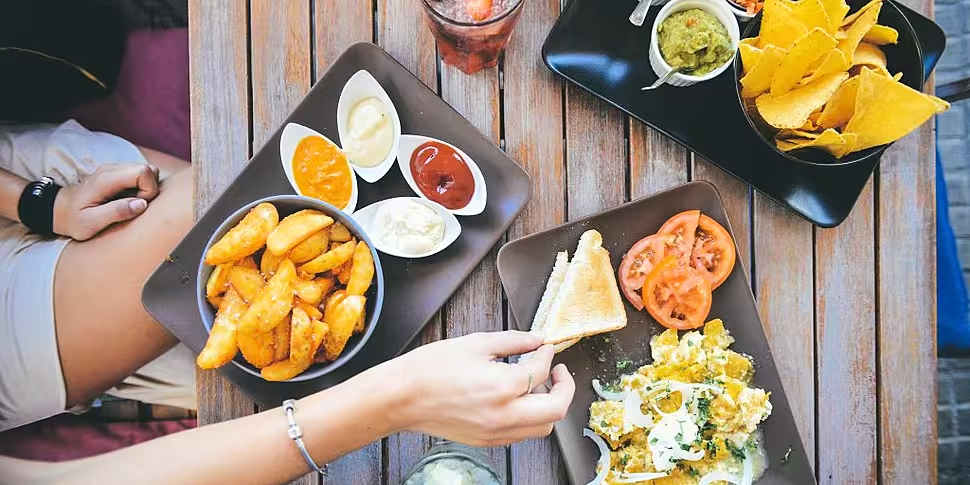Intuitive eating is about shirking diet culture and “coming back to our natural hunger”, according to one eating disorder recovery coach.
Cara O’Loughlin developed an eating disorder as a teenager when her mother passed away, developing unhealthy habits as a trauma response.
While she received treatment from the Marino Therapy Centre, her pregnancies and postpartum bodies made her eating disorder “rear its ugly head”.
Ms O’Loughlin imparted some of her own eating habits to her two daughters before she realised it was time to change.
She told Alive and Kicking with Clare McKenna that after having her third child, she decided to raise them as an “intuitive eater”.
“I worked with my own life coach who I work with now,” she said. “I just wanted another chance to have a child and be fully free – that was four years ago.”
Intuitive eating is about ‘trusting your body’ to make food choices and eating what ‘feels right’ in the moment.
Ms O’Loughlin said her previous eating disorder recovery was all about “following a plan and no intuition”.
“There was no listening to myself... [then] my coach asked me, ‘What feels right for you? What do you like to do?’.
“For the first time since I was 17, somebody asked me what I want, and that’s when I started to recover for me.”
Diet culture vs intuitive eating
She noted most diets are “meant to fail” to fuel the “$9 billion diet industry”, particularly in America.
“If a doctor was to give us medicine and we knew there was a 95% failure rate, would we take it?” she said. “No, we wouldn’t.
“Intuitive Eating is about coming back to our natural hunger or natural feelings of fullness and our taste preferences.
“Think about your baby when you’re giving them the bottle or the boob - they would literally turn their face or cry or spit out when they have had enough.
“What has happened to us as our environment has shaped us - we start to listen to everything external, what we should do.”
View this post on Instagram
Ms O’Loughlin noted her husband “pushed her to freedom” through his own intuitive eating.
“He’ll stop when he’s full and eat when he’s hungry, and I thought if he has that, why can’t I,” she said.
“[An eating disorder] is not to do with the food itself – it's about control.
“Yo-yo dieting is one the most dangerous things we can do for our health.”
Ms O’Loughlin’s son, now three years old, is a “selective eater” - but she feels better knowing he’s truly eating what he wants.
Listen back here:
Helplines:
Bodywhys (Friday to Wednesday): (01) 2107906









